UPP075/XAB090 Bridging Maths (BUSINESS) Assignment
VerifiedAdded on 2023/03/17
|8
|790
|100
Homework Assignment
AI Summary
This document presents a comprehensive solution to a mathematics assignment focusing on quantitative methods. The assignment covers a range of topics, including the laws of indices, exponential decay and growth, financial calculations (simple and compound interest, depreciation), and arithmetic and geometric sequences. The solution demonstrates the application of these concepts through detailed step-by-step calculations and explanations, providing a valuable resource for students studying business mathematics and related fields. The assignment includes questions involving algebraic manipulation, logarithmic calculations, graphical analysis, and financial modeling, offering a well-rounded assessment of mathematical skills relevant to business applications. The document is designed to aid students in understanding and mastering these fundamental mathematical concepts, offering a clear and concise presentation of the solutions.
1 out of 8
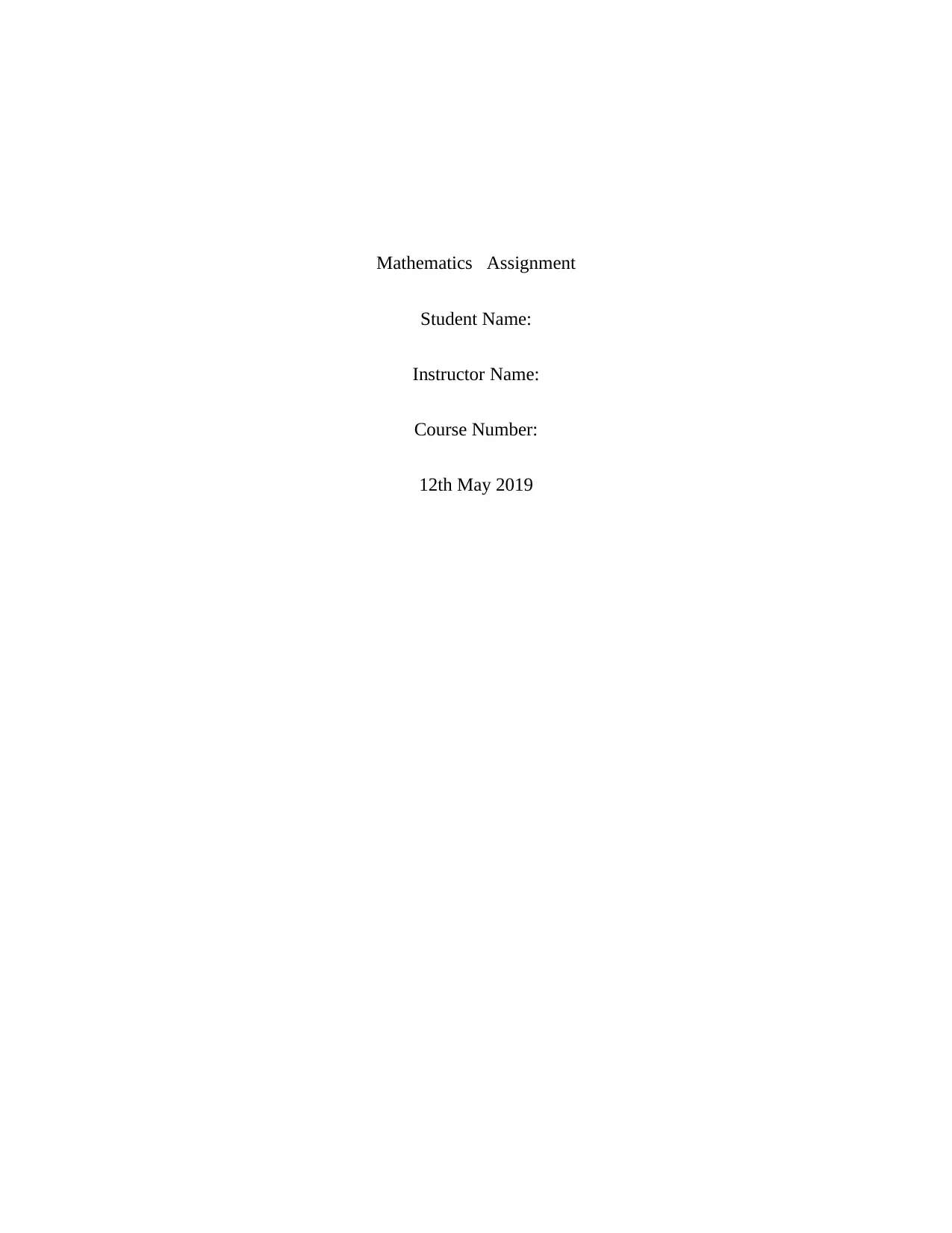
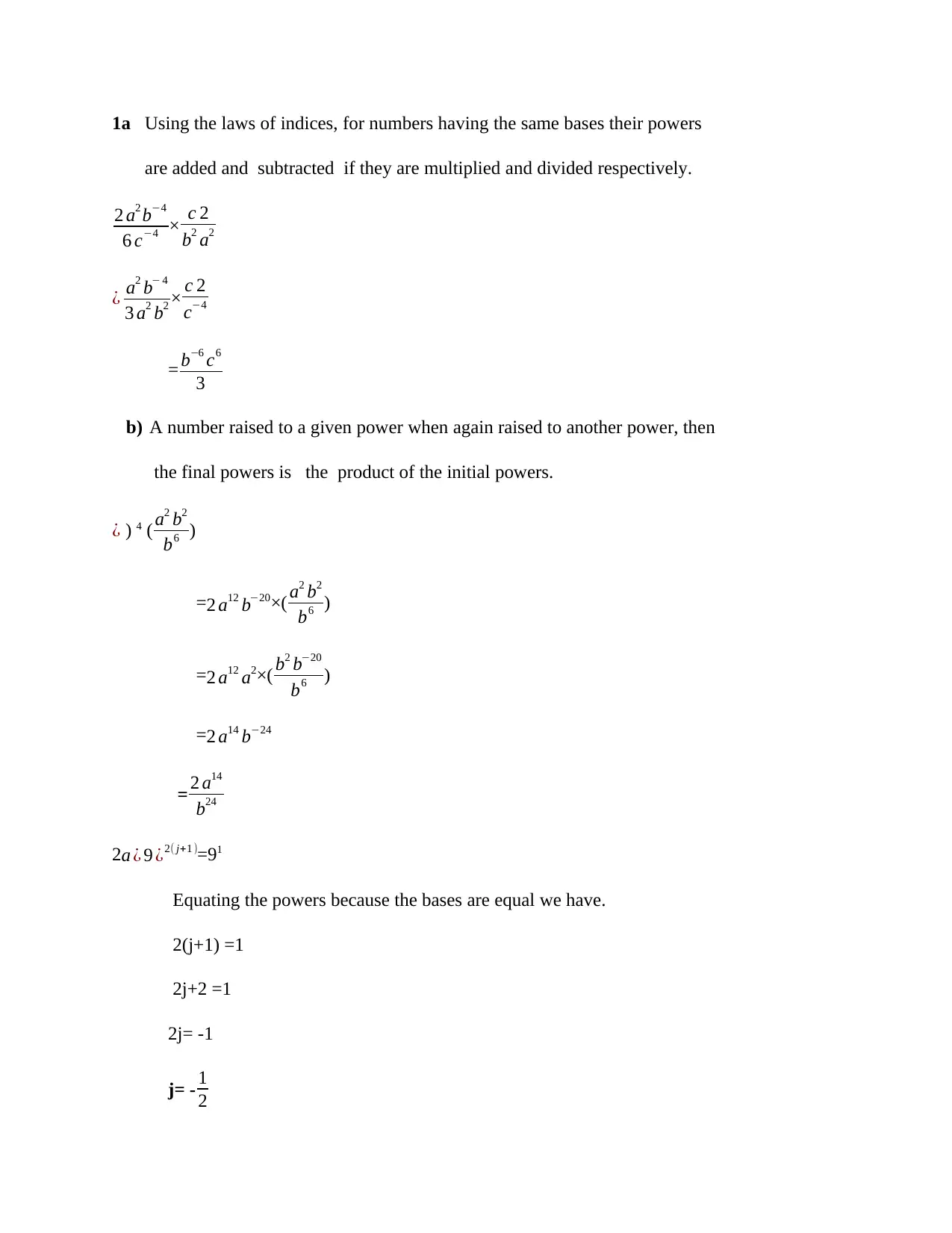
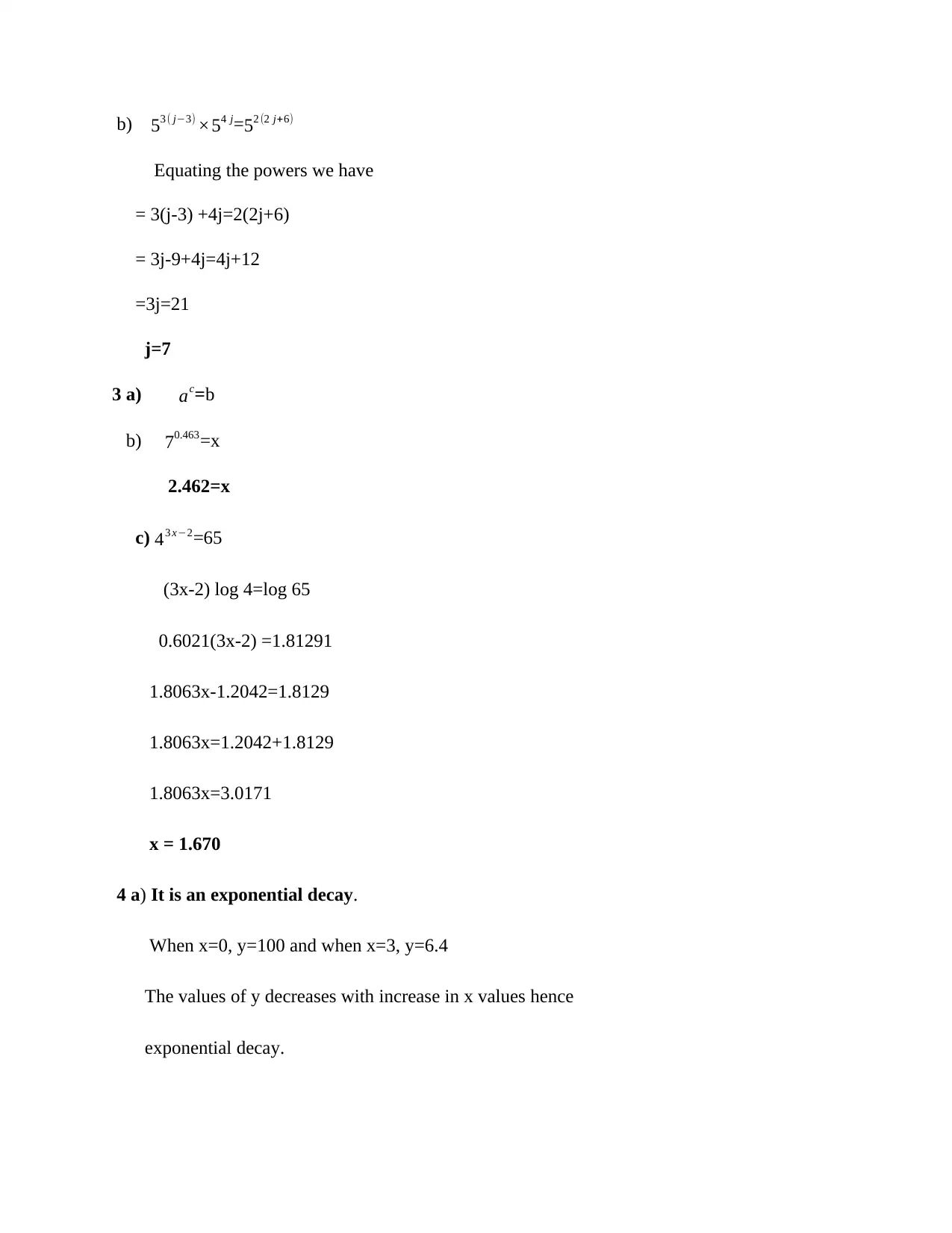

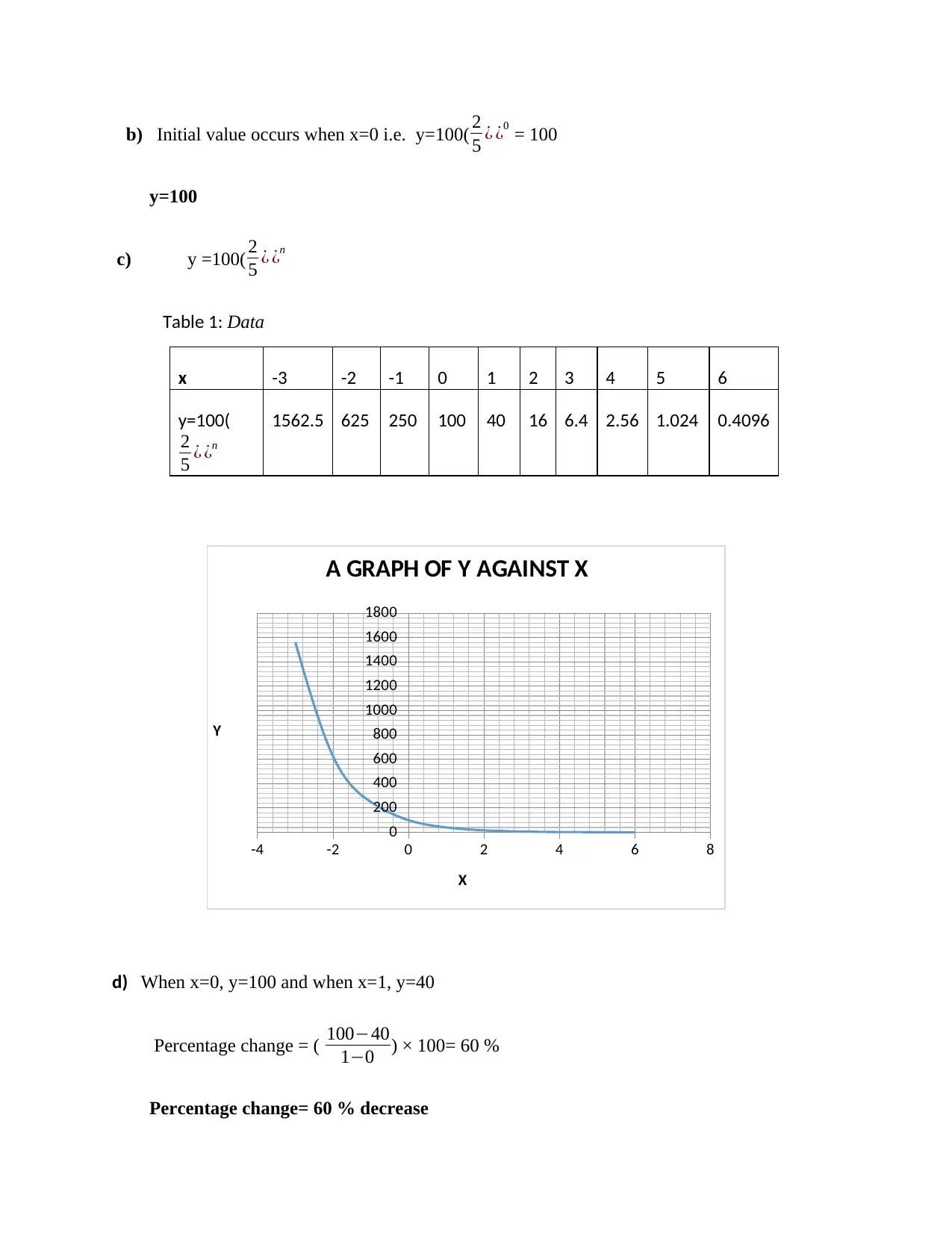
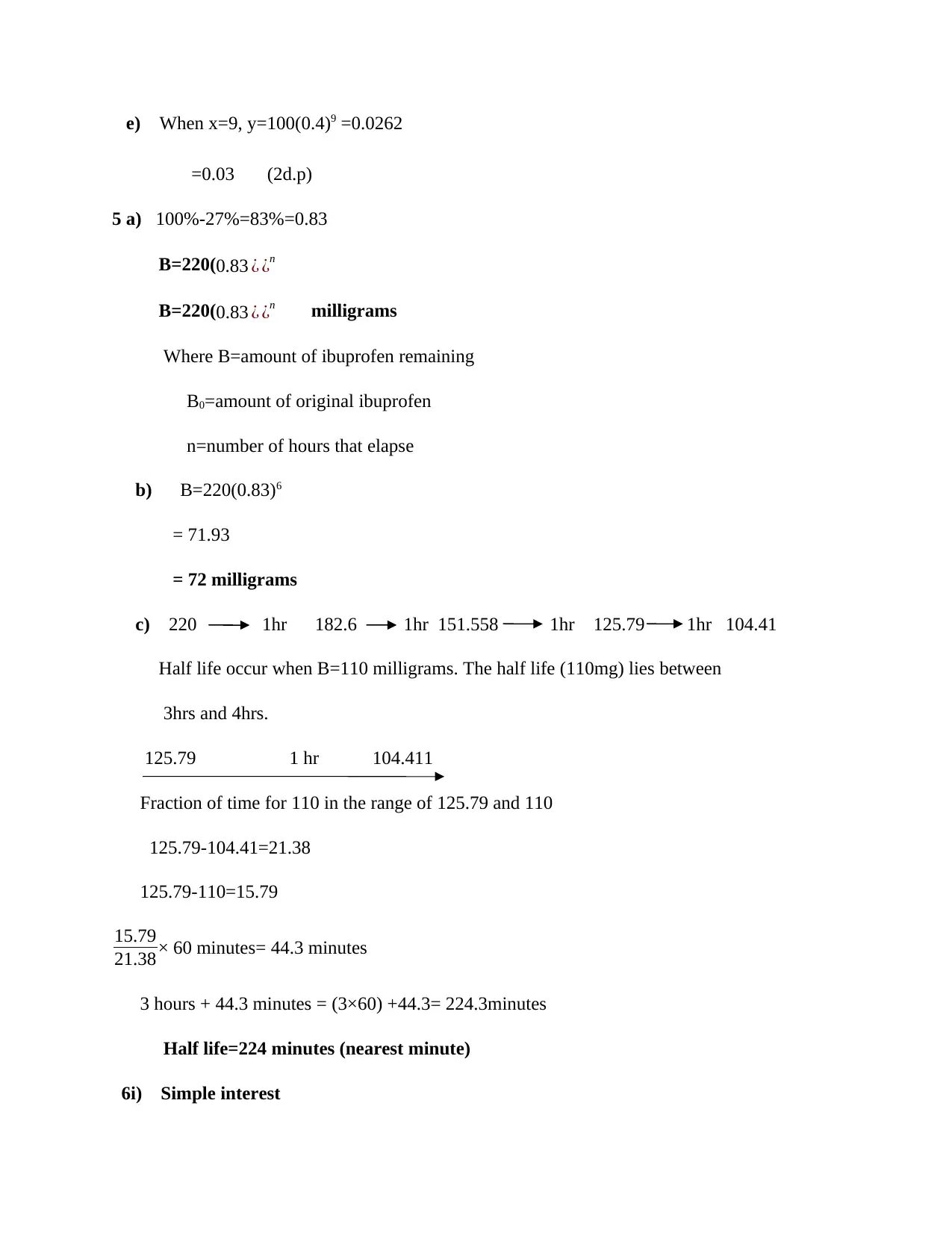
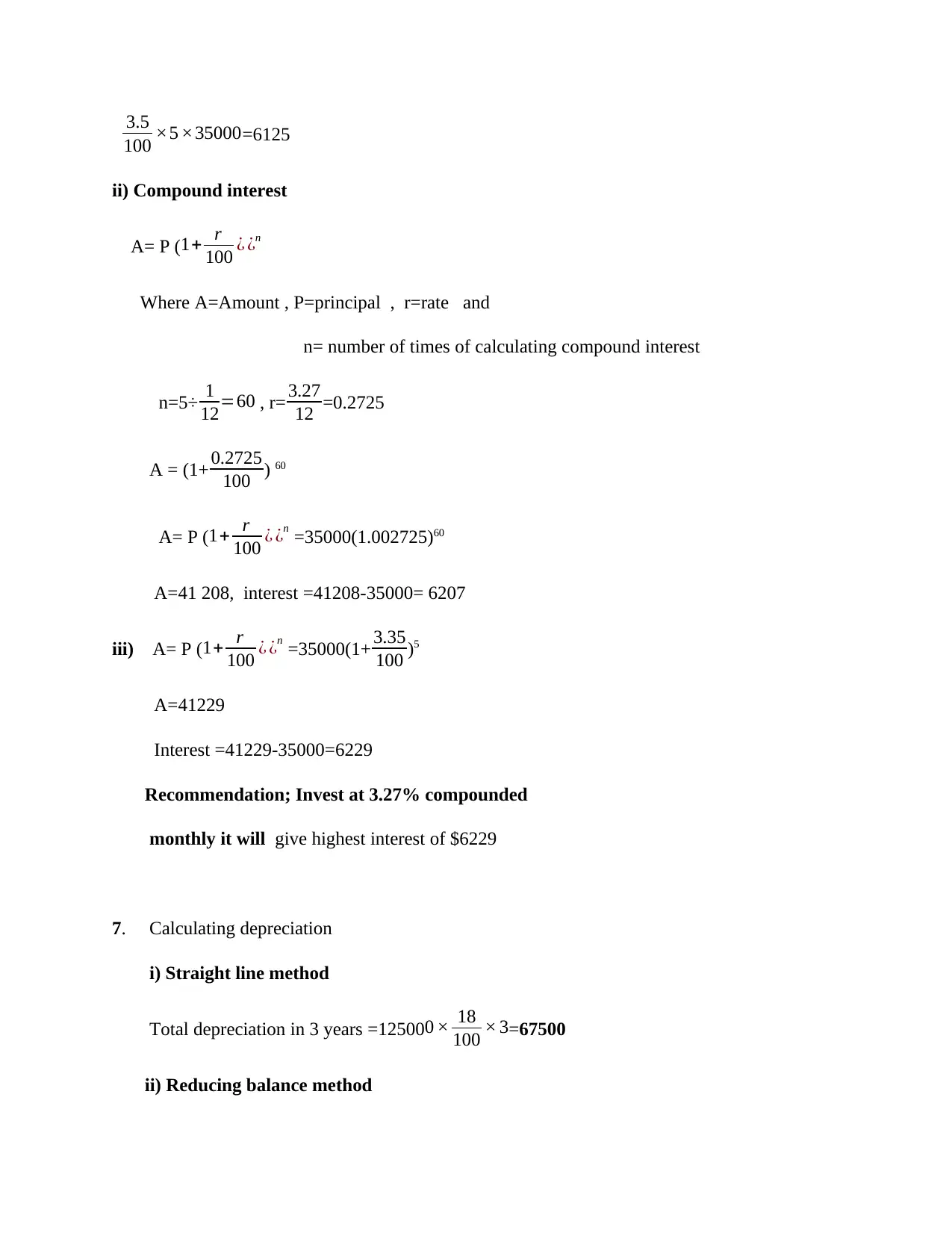
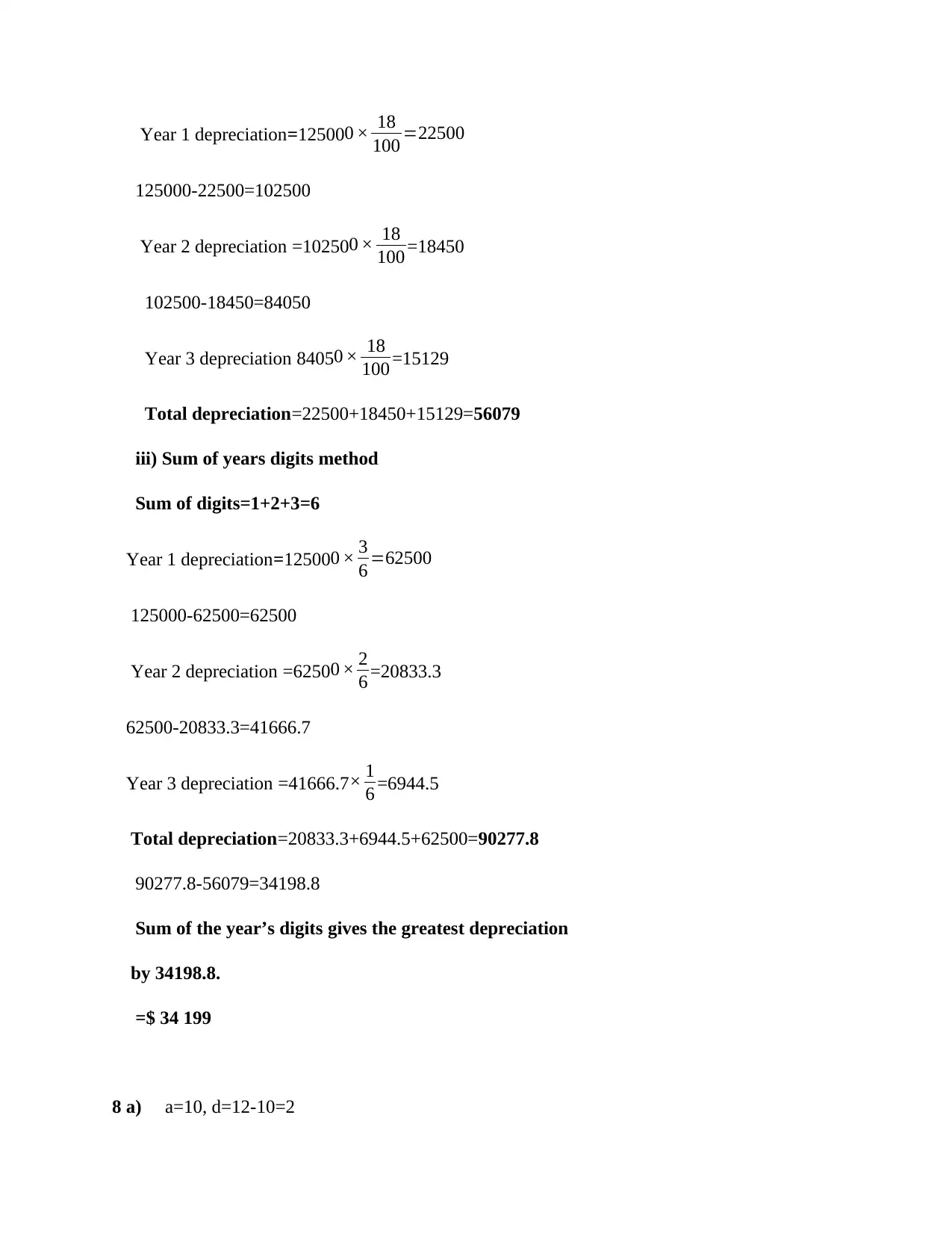

![[object Object]](/_next/static/media/star-bottom.7253800d.svg)